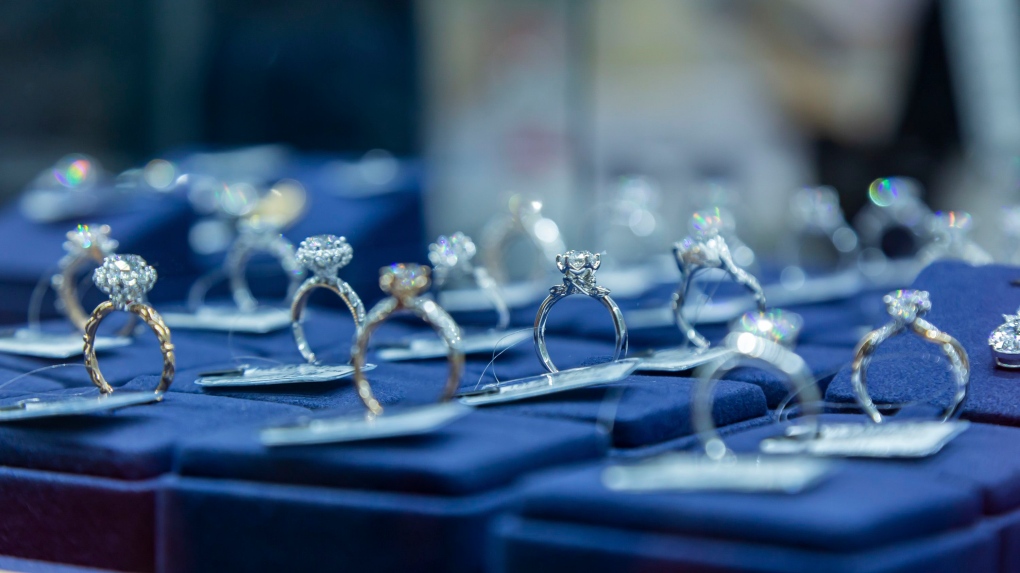Table of Contents
The Rise of Lab Diamonds
Lab diamonds, also known as synthetic or cultured lab diamonds are the future, are created in controlled laboratory environments using advanced technology that replicates the natural diamond formation process. These diamonds are chemically, physically, and optically identical to natural diamonds but are produced with minimal environmental impact. The rise of lab diamonds reflects a broader trend towards sustainability and ethical consumerism, addressing some of the major concerns associated with traditional diamond mining.
Environmental and Ethical Advantages
Lab diamonds offer significant environmental and ethical advantages over mined diamonds. Traditional diamond mining often involves extensive land disruption, habitat destruction, and pollution. The process also raises concerns about the social and ethical implications, including unsafe working conditions and human rights abuses. In contrast, lab diamonds are produced with a much smaller environmental footprint and in controlled conditions that ensure fair labor practices. This makes lab diamonds an attractive choice for consumers who prioritize sustainability and ethical sourcing.
Technological Innovations Driving the Future
The future of lab diamonds is driven by continuous technological innovations. The two primary methods for creating lab diamonds—High Pressure High Temperature (HPHT) and Chemical Vapor Deposition (CVD)—are constantly evolving. Advances in these technologies improve the quality, variety, and affordability of lab diamonds. For instance, HPHT replicates the high pressure and temperature conditions found deep within the Earth, while CVD uses a carbon-rich gas to grow diamond crystals. These innovations make lab diamonds increasingly accessible and versatile, catering to a wide range of styles and preferences.
The Cost-Effectiveness of Lab Diamonds
One of the key factors driving the future of lab diamonds is their cost-effectiveness. Lab diamonds typically cost 20-40% less than their mined counterparts due to lower production costs and reduced market prices. This affordability allows consumers to purchase higher quality or larger carat diamonds for the same price as smaller, lower-quality natural diamonds. As lab diamond production scales up and technology advances, prices are expected to become even more competitive, making lab diamonds a more attractive option for budget-conscious buyers.
Quality and Variety of Lab Diamonds
Lab diamonds are renowned for their exceptional quality, which matches or even surpasses that of natural diamonds. They are graded using the same criteria—the Four Cs: cut, color, clarity, and carat weight. Rigorous quality control ensures that lab created diamonds meet high standards of brilliance and durability. Additionally, lab diamonds offer a diverse range of options in terms of size, shape, and design, allowing consumers to find the perfect stone for any occasion.
Shaping the Future of Jewelry Design
The emergence of lab diamonds is reshaping jewelry design by offering new possibilities and creative freedom. Designers are exploring innovative settings and combinations that were previously impractical with mined diamonds. The ability to customize and create unique pieces with lab diamonds opens up exciting opportunities for personalized and bespoke jewelry. As lab diamonds become more popular, they are likely to influence future trends and design aesthetics in the jewelry industry.
Consumer Trends and Market Growth
Consumer trends indicate a growing preference for lab diamonds, driven by increasing awareness of environmental and ethical issues. The demand for lab diamonds is expected to continue rising as more consumers seek sustainable and responsible options. Market research shows that the lab diamond industry is experiencing significant growth, with projections indicating a substantial increase in market share. This trend reflects a shift in consumer values and a growing recognition of the benefits of lab diamonds.
The Role of Lab Diamonds in the Jewelry Industry
Lab diamonds are set to play a central role in the future of the jewelry industry. Their combination of ethical advantages, environmental benefits, and high quality positions them as a key component of a more responsible and sustainable market. As technology continues to advance and consumer preferences evolve, lab diamonds will likely become the standard choice for fine jewelry, shaping the future of the industry.
Conclusion
Lab diamonds are undoubtedly the future of the diamond industry. With their environmental and ethical advantages, technological innovations, and cost-effectiveness, they offer a compelling alternative to traditional mined diamonds. As the jewelry market continues to evolve, lab diamonds are set to lead the way, offering consumers a responsible and stylish choice that aligns with contemporary values. Embracing lab diamonds represents a step towards a more sustainable and innovative future in jewelry.

